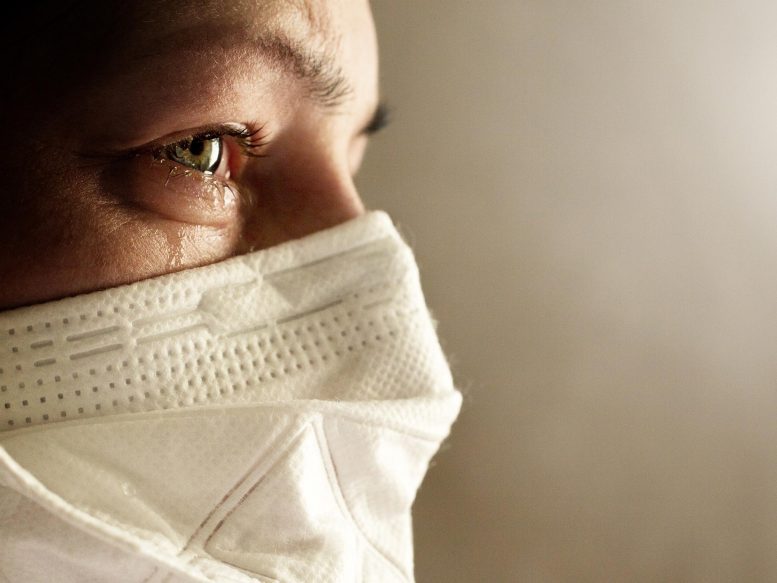Loss of Sense of Smell and Taste May Last Up to 5 Months After COVID-19 Infection
People with COVID-19 may lose their sense of smell and taste for up to five months after infection, according to a preliminary study released today, February 22, 2021, that will be presented at the American Academy of Neurology’s 73rd Annual Meeting being held virtually April 17 to 22, 2021.
“While COVID-19 is a new disease, previous research shows that most people lose their sense of smell and taste in early stages of the illness,” said study author Johannes Frasnelli, M.D., of the University of Quebec at Trois-Rivieres in Canada. “We wanted to go further and look at how long that loss of smell and taste lingers, and how severe it is in people with COVID-19.”
The study involved 813 health care workers who tested positive for COVID-19. Each person completed an online questionnaire and home test to evaluate their sense of taste and smell on average five months after diagnosis. They rated their senses of taste and smell on a scale from 0 to 10. Zero meant no sense at all, and 10 meant a strong sense of taste or smell. Researchers found the average person did not regain their sense of smell entirely.
A total of 580 people lost their sense of smell during the initial illness. Of this group, 297 participants, or 51%, said they still had not regained their sense of smell five months later, while 134 participants, or 17%, had persistent loss of smell when evaluated with the home test. On average, people ranked their sense of smell at a seven out of 10 after the illness, compared with a nine out of 10 before they had gotten sick.
A total of 527 participants lost their sense of taste during the initial illness.¬ Of this group 200 people, or 38%, said they still had not regained their sense of taste five months later, while 73 people, or 9%, had persistent loss of taste when evaluated with the home test. On average, people ranked their sense of taste at an eight out of 10 after the illness, compared with a nine out of 10 before they had gotten sick.
“Our results show that an impaired sense of smell and taste may persist in a number of people with COVID-19,” Frasnelli said. “This emphasizes the importance of following up with people who have been infected, and the need for further research to discover the extent of neurological problems associated with COVID-19.”
Limitations of the study include the subjective nature of the smell and taste ratings and the single timepoint at which data was collected.
The study was supported by the Foundation of the University of Quebec at Trois-Rivieres and the Province of Quebec.

